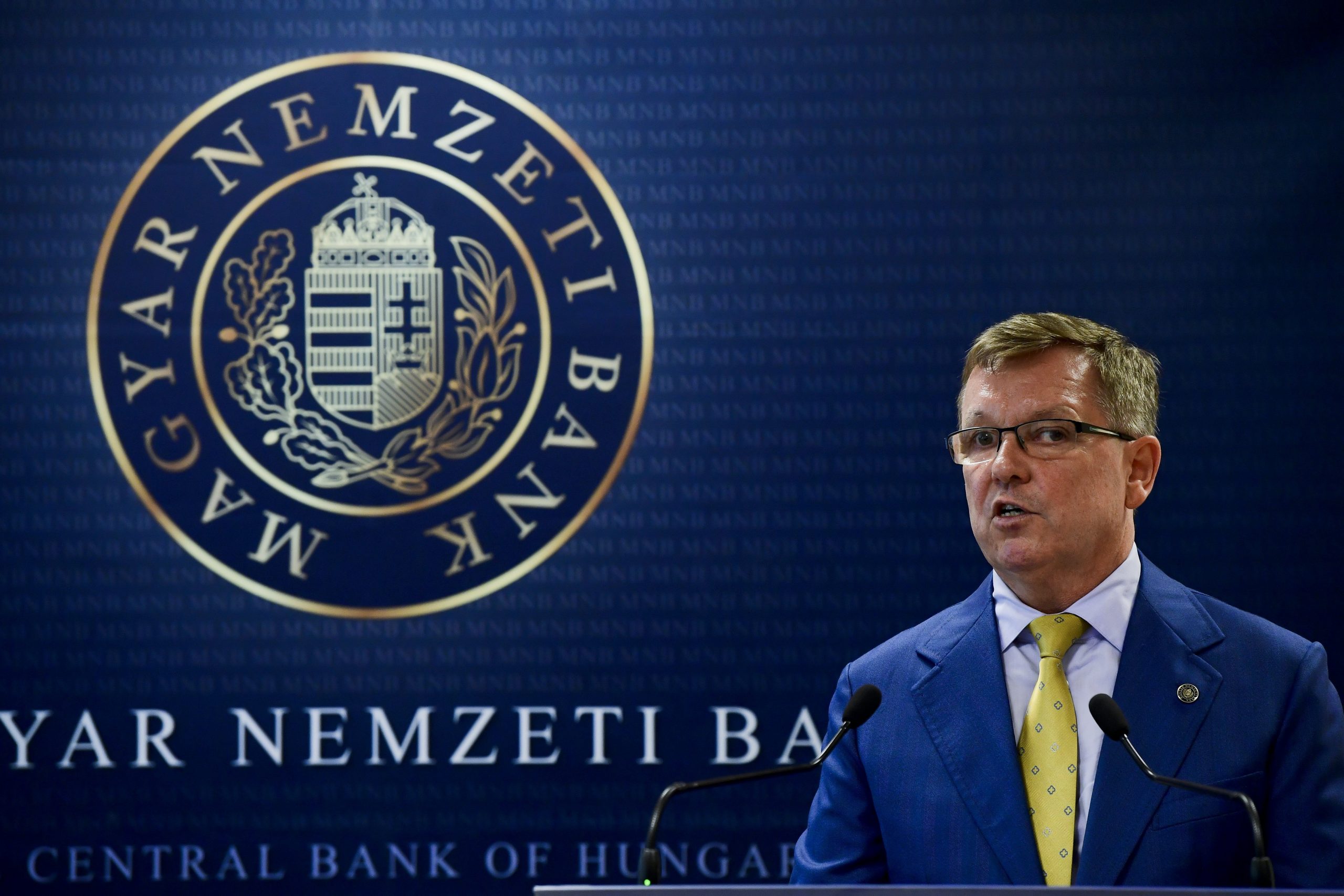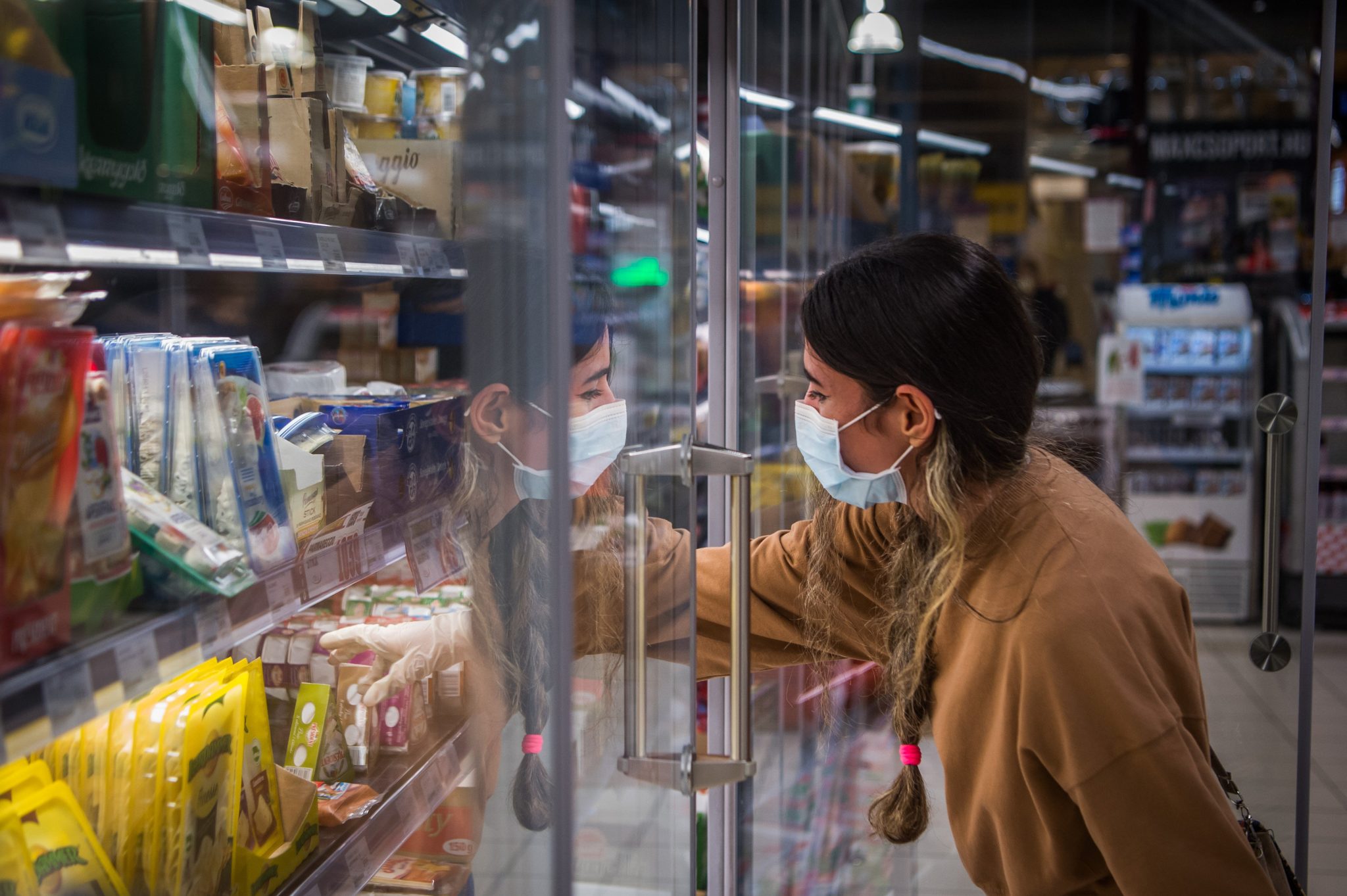
The NBH knocked down its forecast for 2022 GDP growth to 2.5-4.5 percent in the fresh report from 4.0-5.0 percent in the previous one released in December.Continue reading

After the 2022 parliamentary elections, the lifting of the price cap on food and fuel would lead to a surge in inflation, according to analysts at the Hungarian Central Bank (NBH). Under current plans, these will remain in effect until May 1 and May 15, respectively. The central bank expects inflation to exceed 8 percent in the first half of the year, up from 8.3 percent in February, and the price index could even rise above 10 percent in a worst-case scenario.
This article was originally published on our sister-site, Ungarn Heute.
Inflation is expected to peak in July, with the central bank expecting 11 percent by mid-summer in the worst-case scenario. In other words, decade-long records could be broken in the coming months, daily Népszava reported.
Overall, the NBH raised its annual inflation expectations for this year to 7.5-9.8 percent from 5 percent previously, while the forecast for 2023 was raised to a range of 3.3-5 percent. At a press conference to present the latest inflation forecast, NBH Director András Balatoni said that the deterioration of the money will accelerate in the short term and a significant decline in the indicator is not expected until late 2022.
According to the report, much depends on the outcome of the war between Russia and Ukraine: if the conflict ends quickly, commodity prices on the global markets could fall and price pressures could ease. However, if the conflict drags on, this may not happen or may happen later, which is why the NBH’s inflation forecast is quite broad.
According to the central bank’s analysts, fuel and unprocessed food prices will rise the most this year, with fuel prices likely to increase by 14-28% on average for the year. The significant increase in fuel prices will be dampened in the short term by the 480 forint price cap, which has been extended until May 15, but after that market prices will dominate in this area as well.
The central bank expects unprocessed food prices to rise by 11.5 to 18.5 percent, as the increase in wheat and corn prices due to the Ukraine-Russia war, and the rise in energy and commodity prices have already been reflected in food inflation. Food prices will also be driven up by a five-fold increase in the price of natural gas, as the chemical industry produces fertilizer from natural gas.
Inflation in industrial goods rose to over 7% at the beginning of the year, with the annual increase significantly higher than the average of previous years, according to the inflation report. According to central bank analysts, industrial goods could rise another 7.2-8.2% this year. Inflation in market services averaged 6% at the beginning of the year, with service companies raising their prices more than usual.
However, price increases for alcohol and tobacco have gradually eased in recent months, with the cost of luxury goods expected to rise by 5.9% this year.
Featured photo illustration by Zoltán Balogh/MTI